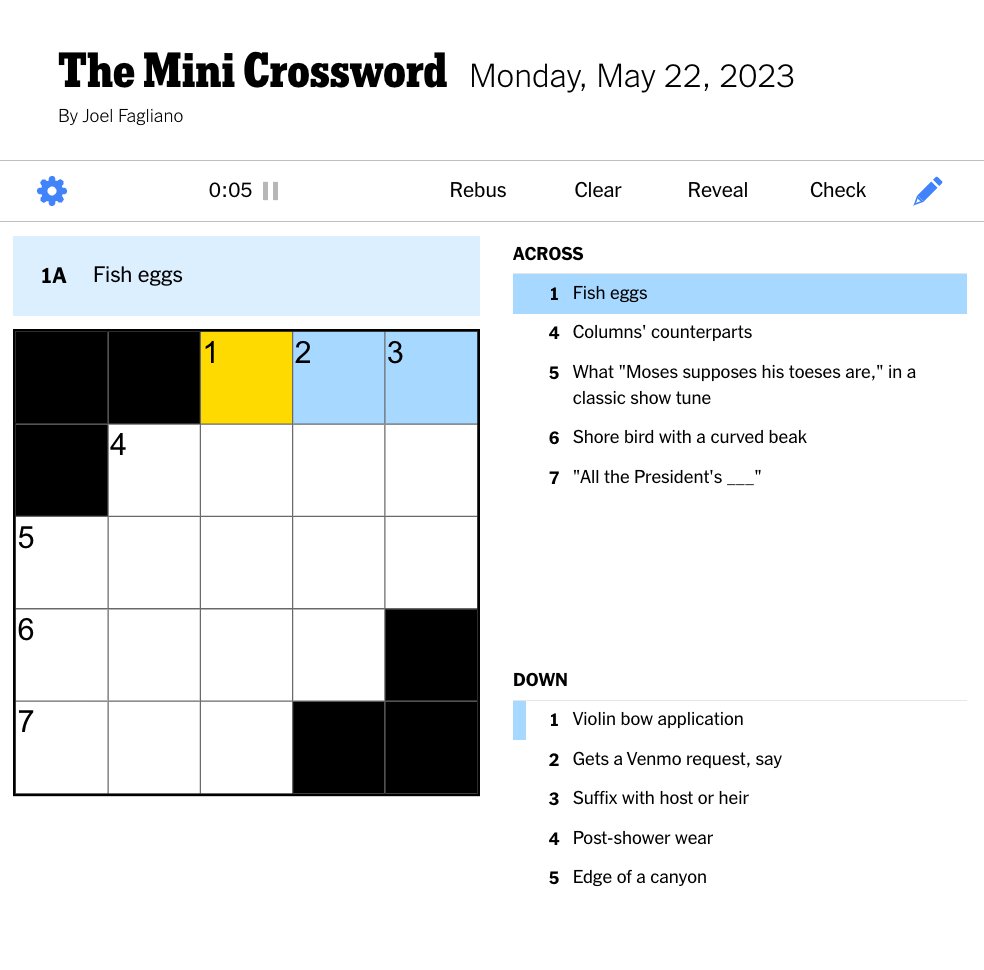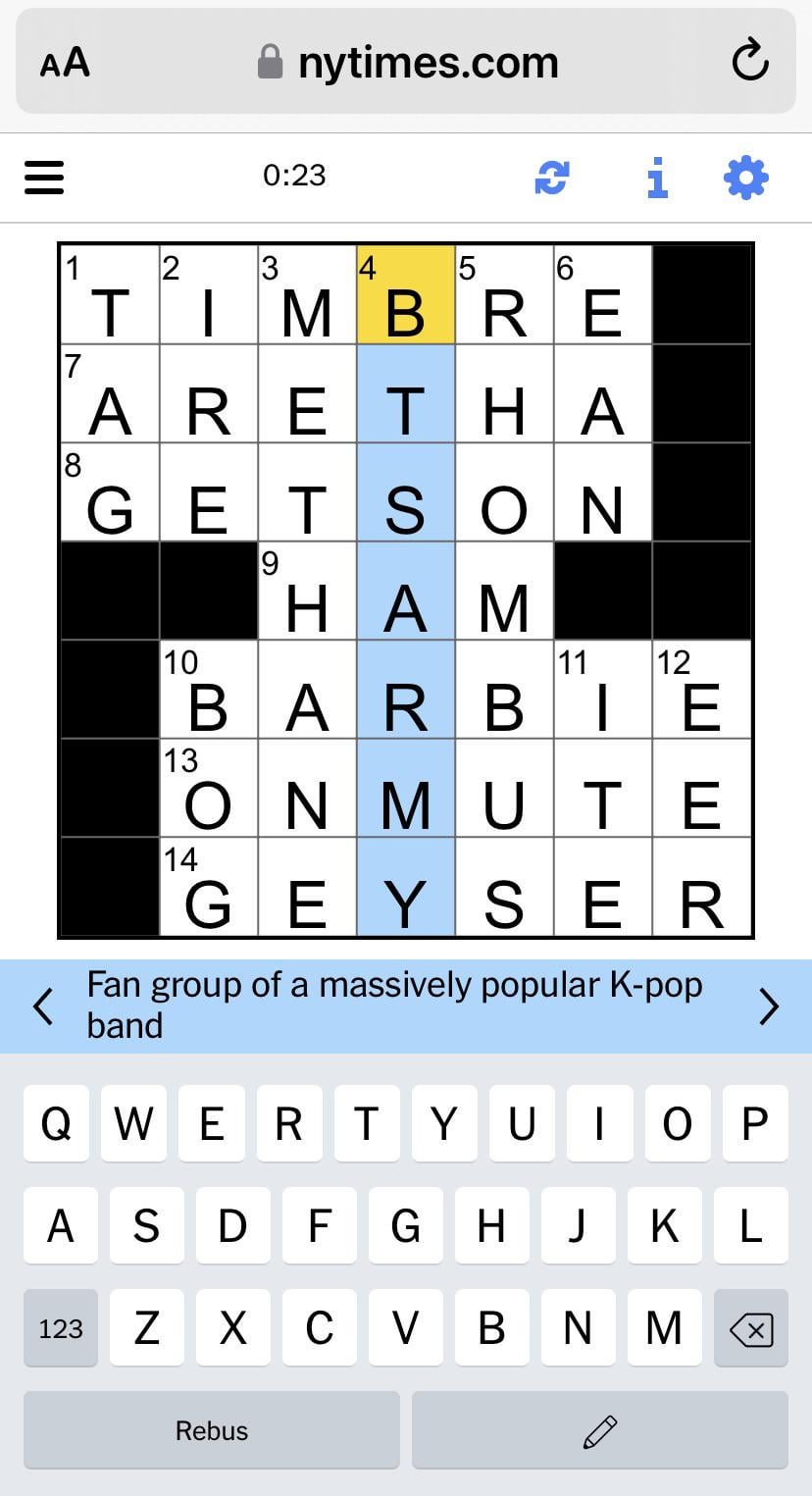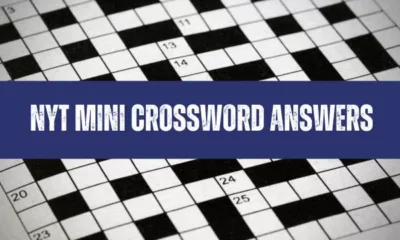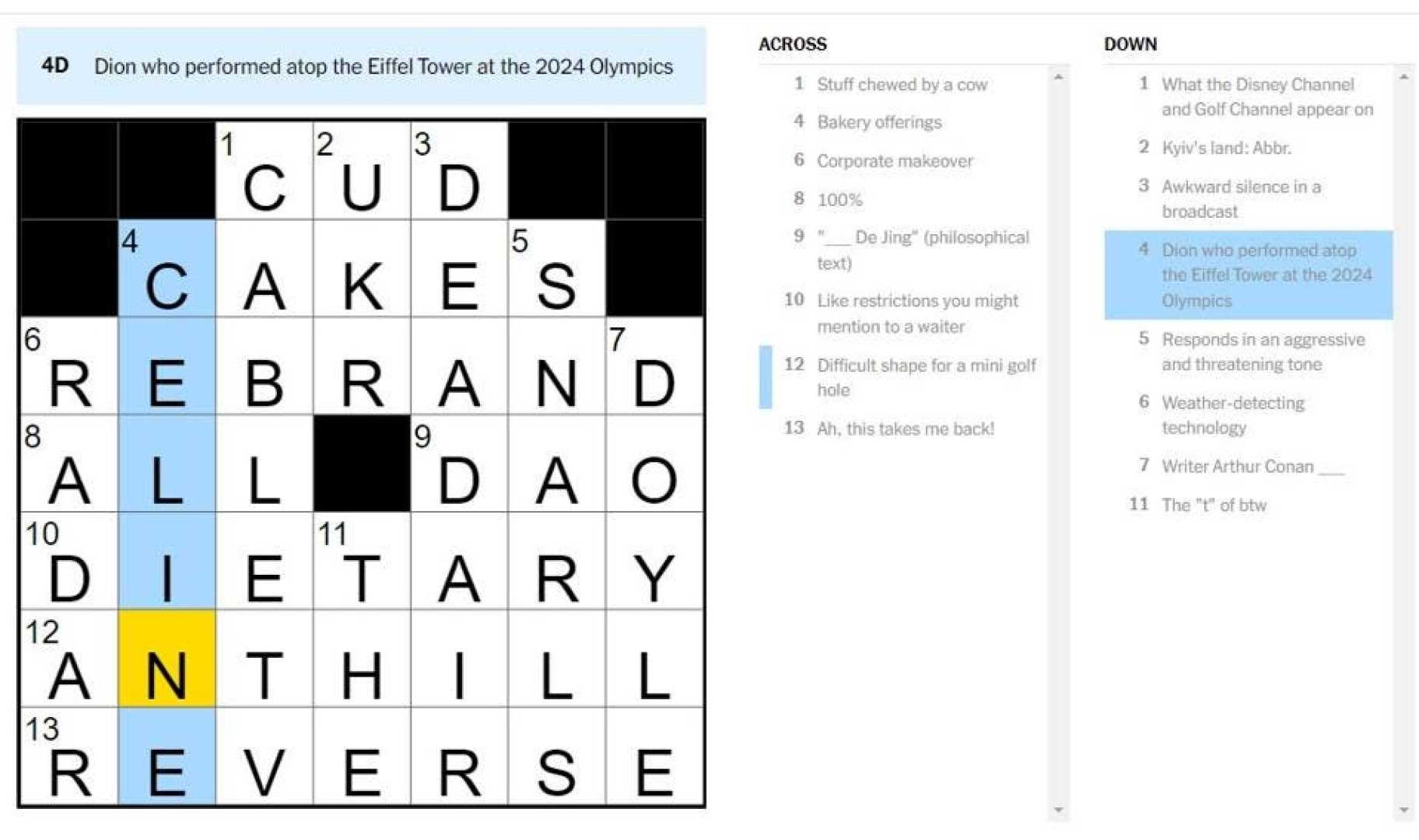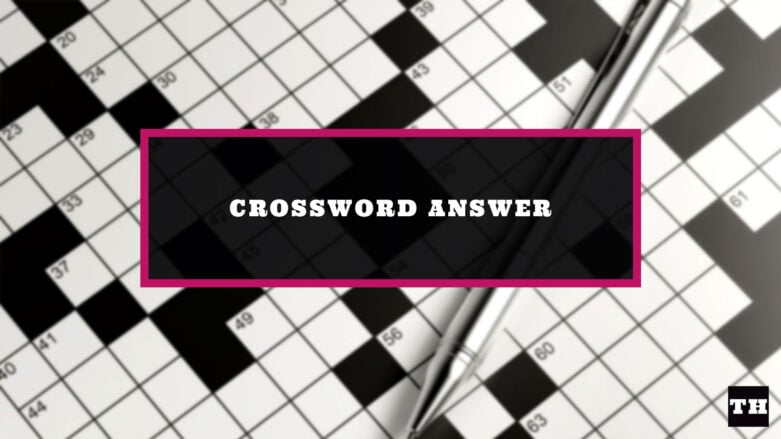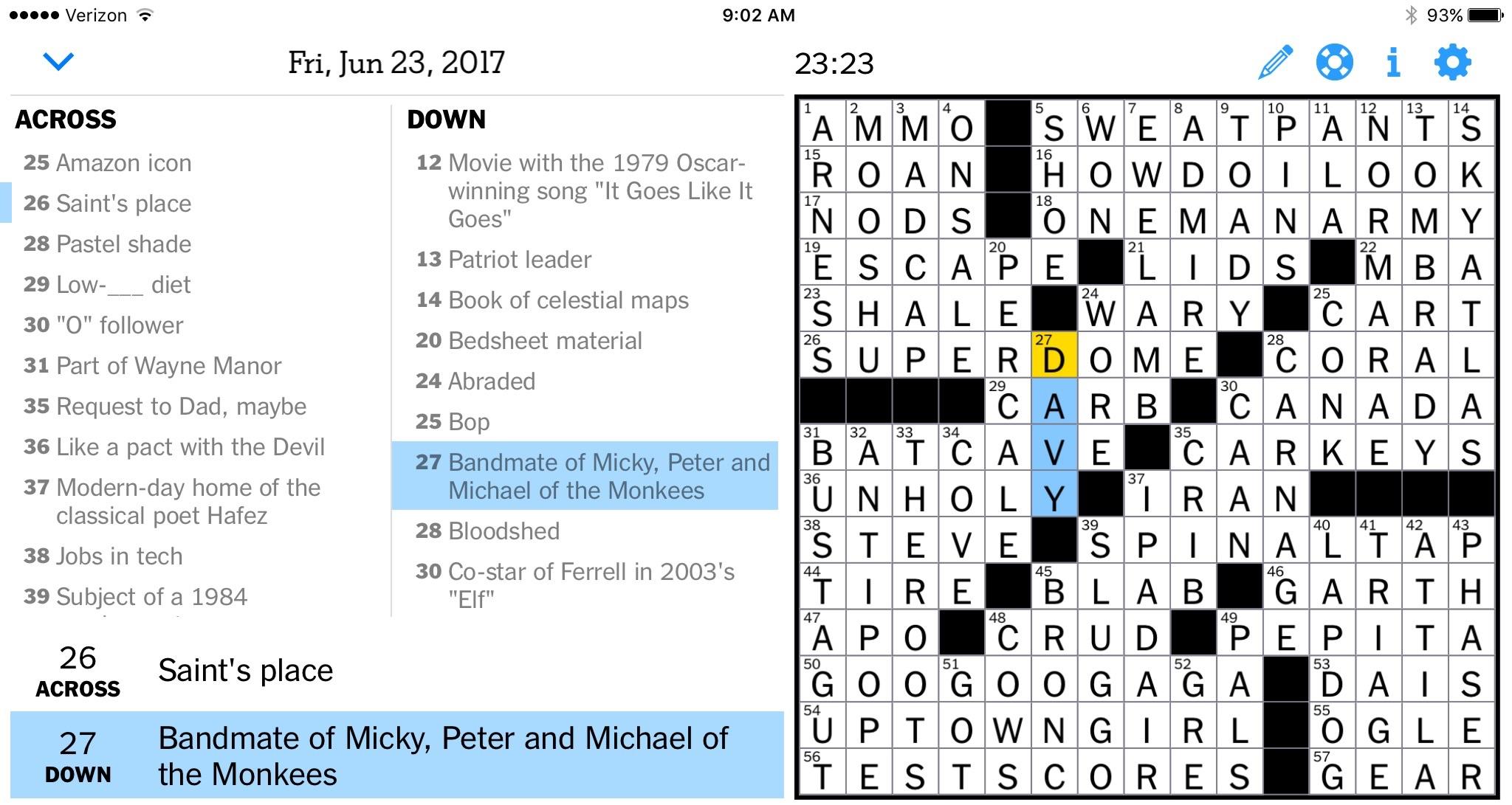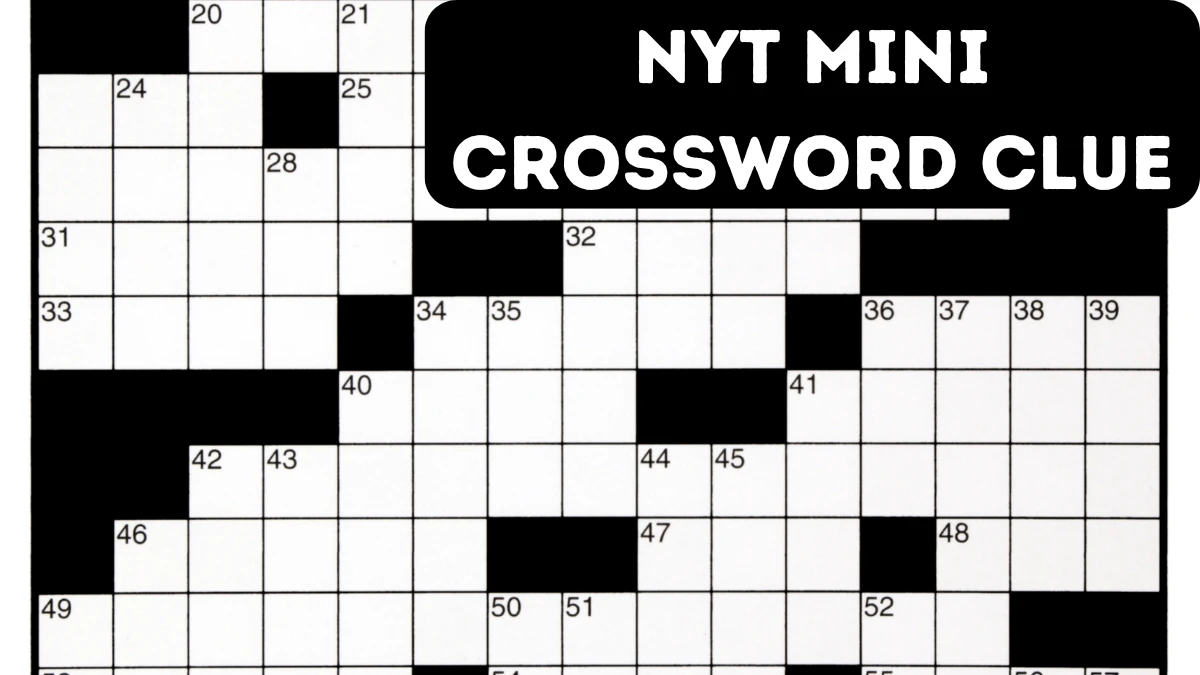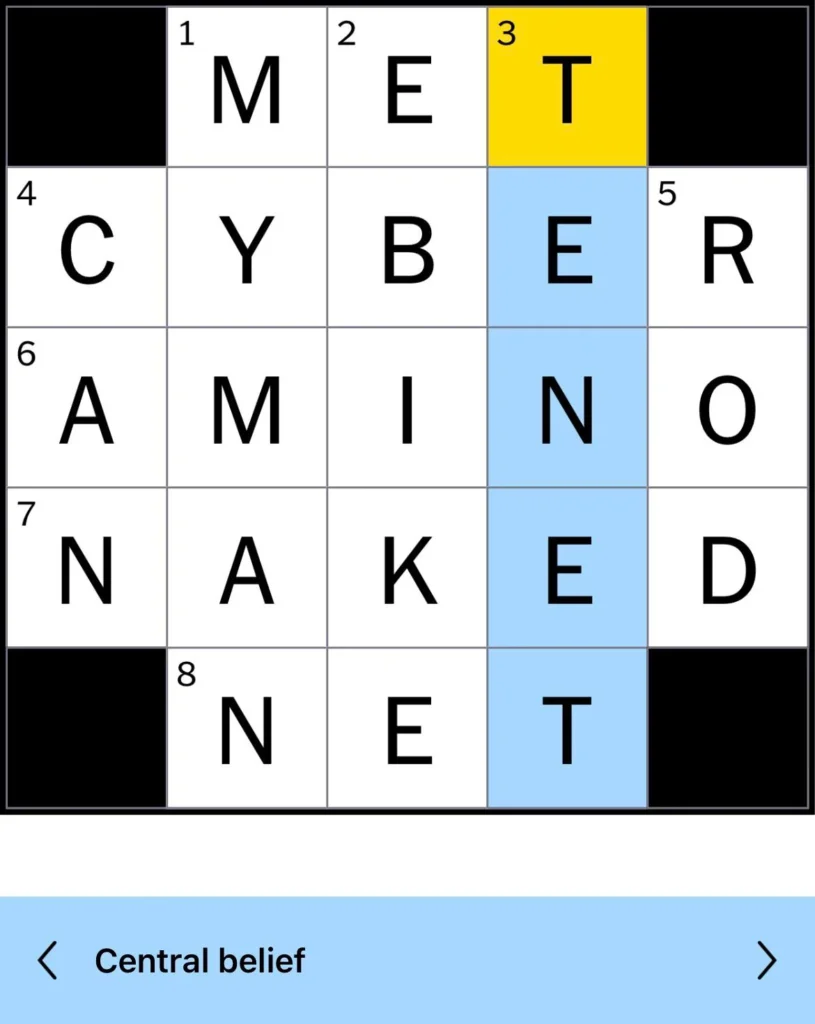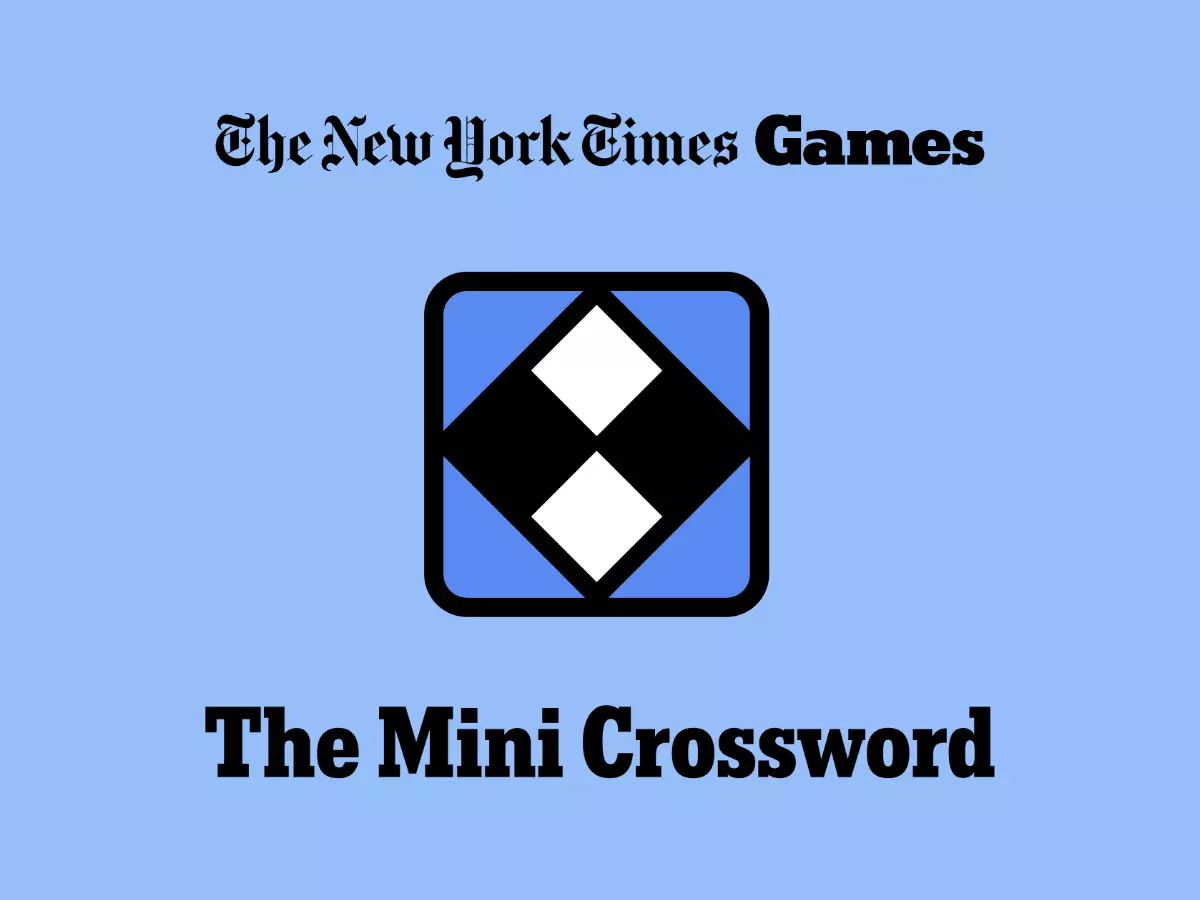In other contexts, its okay to say, for example, today has been a nice day nearer the end of the day, when the events that made it a nice day are finished (or at least, nearly so). · in my town, people with phds in education use the terms, on today and on tomorrow. i have never heard this usage before. But all five options are grammatically faultless, i. Every time i hear them say it, i wonder if it is correct to use the wor. · im looking for a a 17th century colloquial term for children, in the way we use kids today. The best ive yet found is striplings, which seems to connote male teens more specifically, or possibly · two other options (in addition to as from today, from today, and effective today) are beginning today and as of today. these may be more u. s. -idiomatic forms than british-idiomatic forms (the two from options have a british english sound to me, although effective today does not); Related info is in cgel pages 429, 564-5. Today means the current day, so if youre asking what day of the week it is, it can only be in present tense, since its still that day for the whole 24 hours. · the 2002 reference grammar by huddleston and pullum et al. , the cambridge grammar of the english language, would consider words like yesterday, today, tonight, and tomorrow as pronouns (specifically, deictic temporal pronouns).
Today’S Nyt Mini Crossword Answers (August 12) – Get The Advantage!
In other contexts, its okay to say, for example, today has been a nice day nearer the end of the day, when the events that...

